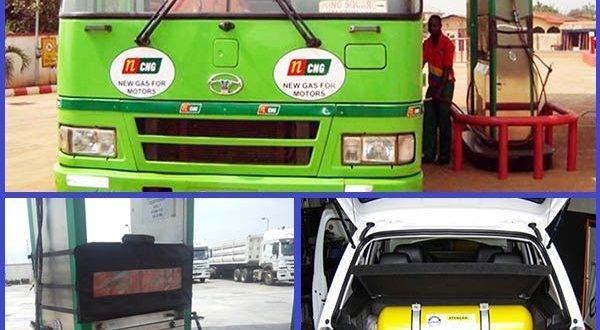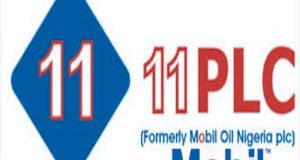……petrol may hit N400 per litre…….
……..by Ben Ndubuwa…….,..
The federal government may impose taxes on the use of liquid fuel such as the Premium Motor Spirit (PMS) otherwise known as petrol as President Mohammed Buhari launches the autogas scheme on Tuesday, December 1, 2020.
This move is also to encourage the use of autogas as it is cheaper an equivalent of N80 to the current N165 per litre of petrol. It will also reduce high reliance on petrol and achieve a cleaner environment. Furthermore, this will encourage a quick migration to autogas as there are indications also that after the passage of the Petroleum Industry Bill (PIB) the price of petrol may increase between N300 to N400 per litre.
In his presentation – Natural Gas: The Catalyst for Nigeria’s Economic Renaissance – at the stakeholders’ engagement over the weekend in Lagos, Dr. Mohammed Ibrahim, Chairman, Autogas and Natural Gas Vehicles Committee (ANGV) of the
National Gas Expansion Programme (NGEP), said that the autogas scheme and increased domestic utilization of Liquefied Petroleum Gas (LPG) would create about 12.5 million direct and indirect jobs for Nigerians.
He said: “We need about 500, 000 conversion engineers in the next 90 days to ensure that the retrofitting of the vehicles go as planned. Fifty conversion centres are currently upgrading for mass conversion and training.
“Already, over 30,000 vehicles are already running on dual fuels in Nigeria. NGEP would also train 10 entrepreneurs from every local government area in the country in the areas of burners, cookers, accessories production, and development of MDCs.
“The 90 days training is being undertaken by the Nigerian Content Development Monitoring Board and the Petroleum Trust and Development Fund. These entrepreneurs will get their own foundries for manufacturing and will thereafter train others as time goes on.
“The scheme aims at training entrepreneurs in the techniques, skills and production of domestic gas accessories -burners, cookers, stoves and kiosks for the LPG micro-distribution centers.”
He also said: “The trainees would acquire the skills to build small scale foundries at the local government levels, appreciation of basic metallurgy, acquire the skill of the art, science and practical skills of fabrication, learn business management and marketing techniques, learn the principles and practices of Health Safety and Environment issues and understand the principles of Quality Management and assurance.
“NGEP would make use of the Petroleum Technology Development Fund, PTDF, and Nigerian Content Development Monitoring Board; NCDMB trained accredited Welding engineers and technicians as trainers and facilitators.
“NGEP would also use of sales and marketing trainers, Quality Management experts from the National Quality Infrastructure Forum, Safety experts from the Nigerian society of safety as well as the Standard Organization of Nigeria and safety device experts from the Nigerian LPG Association.
“The remunerations of the trainees and the upkeep allowances of the trainees shall be borne by the PTDF and NCMB during the period of training. The NCDMB shall be responsible for financing the starter pack kits made of welding machine accessories and basic tools to be given to the trainees upon graduation. The various state Governments shall be responsible for the initial patronage of the products of the graduates of the training scheme.
“The NGEP shall develop a marketing network incorporating LPG cylinder manufacturers, LPG accessories traders and marketers, and the micro-distribution centers to aid the market penetration of the products of the NGEP training scheme.
“The NGEP shall also facilitate the collaboration of the scheme with the Nigerian Governors Forum (NGF) and the Association of Local Government of Nigerian (ALGON) with a view to achieving market expansion at the grassroots levels in the country.”
He added: “The period of training shall be 90 days across designated workshops/technical schools in each geo-political zones as follows: South-South, South – East, South – West, North – Central, North – East and North West. The use of classroom teaching and practical techniques involving group and individual guided learning and practical sessions.”
 Financial Energy Review
Financial Energy Review





